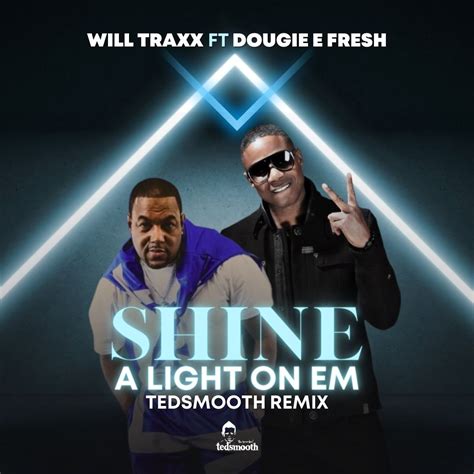The world of electronic music is a vast and wondrous place, full of innovative artists, cutting-edge technology, and infectious beats. From the early days of disco and funk to the current era of EDM and beyond, electronic music has consistently pushed the boundaries of what is possible in the world of sound. In this article, we'll delve into the essential elements of electronic music, highlighting the key genres, artists, and techniques that have helped shape this vibrant and ever-evolving scene.
Understanding Electronic Music
Before we dive into the specifics, it's worth taking a step back to understand what electronic music is all about. At its core, electronic music is any music that is created using electronic instruments, such as synthesizers, drum machines, and computers. This can include a wide range of styles, from ambient and experimental to dancefloor-friendly and pop-infused.
One of the key characteristics of electronic music is its emphasis on technology and innovation. Electronic musicians are often at the forefront of new developments in music production, using software and hardware to create sounds and textures that were previously impossible to achieve.

Key Genres in Electronic Music
Electronic music encompasses a wide range of genres, each with its own unique sound and style. Some of the most influential genres include:
- Techno: Originating in Detroit in the 1980s, techno is characterized by its fast-paced, repetitive beats and futuristic soundscapes.
- Trance: Emerging in the 1990s, trance is known for its soaring melodies, driving rhythms, and epic buildups.
- House: Born in Chicago in the 1980s, house music is all about creating a warm, welcoming atmosphere, often featuring samples of soul and disco classics.
- Drum and Bass: This high-energy genre originated in the UK in the 1990s, characterized by its fast-paced drum patterns and heavy basslines.
The Evolution of Electronic Music
Electronic music has undergone many transformations over the years, influenced by advances in technology, changing cultural trends, and the innovative spirit of its artists. Some of the key milestones in the evolution of electronic music include:
- The Early Days: The 1970s and 1980s saw the rise of early electronic music pioneers like Kraftwerk, Tangerine Dream, and Giorgio Moroder.
- The Acid House Movement: The late 1980s and early 1990s witnessed the explosion of acid house, a genre characterized by its use of the Roland TB-303 synthesizer and its association with the UK's rave scene.
- The Digital Age: The widespread adoption of digital audio workstations (DAWs) and software synthesizers in the 1990s and 2000s revolutionized music production, making it possible for artists to create high-quality electronic music on a budget.

Essential Electronic Music Artists
There are countless talented electronic music artists out there, but here are a few essential names to get you started:
- Daft Punk: This French duo is widely regarded as one of the most influential electronic music acts of all time, known for their innovative production techniques and iconic live shows.
- Aphex Twin: A true pioneer of electronic music, Aphex Twin has been pushing the boundaries of sound since the early 1990s, experimenting with everything from IDM to ambient to breakcore.
- Skrillex: This American producer and DJ has been a major force in the EDM scene, known for his high-energy live shows and innovative use of software synthesizers.
Creating Electronic Music
So, how do you get started creating electronic music? Here are a few essential tips to get you started:
- Invest in a DAW: A digital audio workstation (DAW) is the software that you'll use to produce and record your music. Popular options include Ableton Live, FL Studio, and Logic Pro X.
- Choose Your Hardware: Depending on your style and budget, you may want to invest in a MIDI keyboard, a drum machine, or a software synthesizer.
- Experiment and Have Fun: The best way to learn about electronic music production is to experiment and have fun. Don't be afraid to try new things and make mistakes – they can often lead to unexpected and exciting results.

Conclusion
Electronic music is a vibrant and ever-evolving scene, full of innovative artists, cutting-edge technology, and infectious beats. Whether you're a seasoned producer or just starting out, there's never been a more exciting time to be involved in electronic music. So why not start exploring today, and see where the music takes you?






What is electronic music?
+Electronic music is any music that is created using electronic instruments, such as synthesizers, drum machines, and computers.
What are the key genres in electronic music?
+Some of the most influential genres in electronic music include techno, trance, house, and drum and bass.
How do I get started creating electronic music?
+To get started creating electronic music, you'll need a digital audio workstation (DAW), a MIDI keyboard or other hardware, and a willingness to experiment and have fun.
